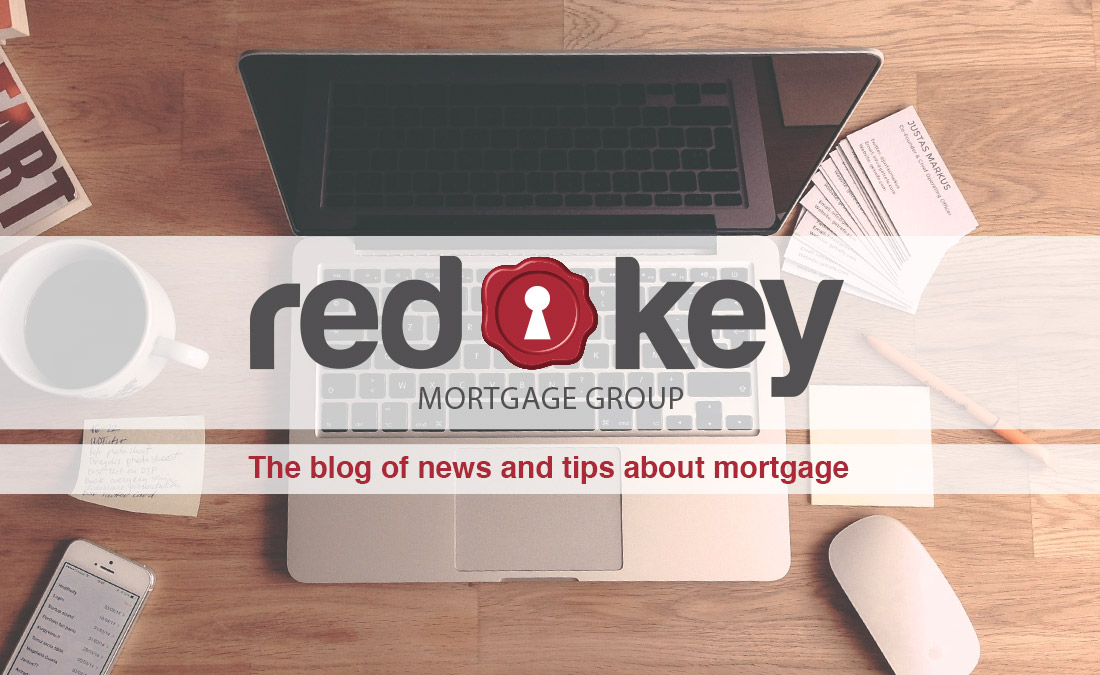
24 May FAQs For Self-Employed Homebuyers
Working for yourself can be hugely rewarding, and millions of Canadians are happily self-employed. However, when it comes to buying a home, it can make getting approval for a home loan all the more difficult, as the major banks require borrowers to have secure, stable and long-term employment, and on average, require at least 2 years of income statements to qualify.
So, if you’re a self-employed Canadian, what can you do to secure a mortgage?
Not sure quite who qualifies as self-employed?
Contractors, freelancers or entrepreneurs who issue invoices instead of pay stubs, are self-employed. While there is no such thing as a separate mortgage for self-employed individuals, typically they must take a longer, more complex path towards applying for, and being given a mortgage, in comparison to a standard, payroll employee.
What must you do to qualify for a mortgage as a self-employed person?
With self-employed people, their gross earnings are treated differently to those of salaried employees: lenders will only use 80% of your gross earnings and the average of last tax year’s income for commissioned sales people, and net income, instead of gross income, for self-employed individuals. The CMCH or Canada Mortgage and Housing Corporation, restricts lenders to use only the last three years of self-employment income.
What do the rules say is a qualifying income?
Mortgages are usually obtained by self-employed individuals through stated income (how much you claim you earn) applications, and these need a signed income declaration and proof of self-employment. If most of your income is kept within your company, you may be able to qualify a mortgage using the gross deposit of business income over the last year, or allowing for retained earnings within your corporation.
What income documents must the self-employed provide for a mortgage application?
- You’ll need to provide your chosen lender with your last two years of full T1 Generals and the following associated notices of assessment:
- For those who are incorporated, you’ll need to provide your whole articles of incorporation
- For those who are sole proprietor’s, you’ll need to provide your business or HST registration
- Your last six months of bank account statements
If self-employed, how long must you have been in business to qualify for a mortgage?
In general, lenders ask for proof of earnings from at least the last two years, although they sometimes make exceptions for certain professionals such as doctors and engineers, or for anyone starting a new business in the same industry in which they previously worked and enjoyed a lengthy career in.
Can you still qualify for a mortgage if your business has a seasonal or irregular income?
Yes, you can; the requirements related to income are no different than if you earned a full-year income.
If you’re struggling to make sense of the many requirements needed as a self-employed mortgage applicant, why not seek help from a professional mortgage broker? With their experience and expertise, they can help you make sense of it all and find a lender who may view you more favorably.

